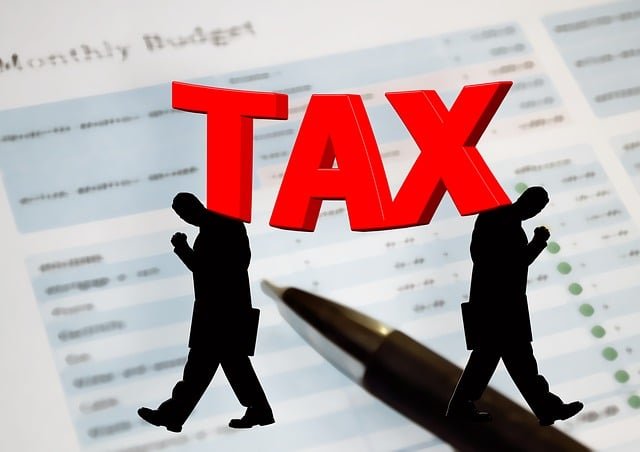Cryptocurrency is a digital or virtual currency that uses cryptography for secure financial transactions. The most well-known cryptocurrency is Bitcoin, but there are many others, such as Ethereum, Litecoin, and Ripple.
In terms of taxation, the treatment of cryptocurrency varies depending on the jurisdiction. In the United States, the Internal Revenue Service (IRS) has issued guidance stating that virtual currency is taxable by law as property. This means that if you buy, sell, or exchange cryptocurrency, you may have to pay taxes on any capital gains or losses resulting from the transaction.
If you hold cryptocurrency as an investment and you sell it for a profit, you may be subject to capital gains tax. If you hold cryptocurrency as a personal asset, such as for personal use or as a gift, you may not have to pay tax on any increases in value. However, if you use cryptocurrency to pay for goods or services, you may have to pay tax on the fair market value of the goods or services received.
It's important to note that the tax treatment of cryptocurrency can be complex and may change over time, so it's a good idea to consult with a tax professional or seek guidance from the IRS if you have questions about how to report your cryptocurrency transactions.
The taxation of cryptocurrency in Europe varies depending on the specific country. In general, most European countries treat cryptocurrency as a form of property, similar to the approach taken by the United States. This means that profits from the sale of cryptocurrency may be subject to capital gains tax.
For example, in the United Kingdom, the tax treatment of cryptocurrency depends on the individual's circumstances and the nature of the activities involving cryptocurrency. If you buy and hold cryptocurrency as an investment, any profits you make on the sale of the cryptocurrency may be subject to capital gains tax. However, if you use cryptocurrency to pay for goods or services, you may have to pay tax on the fair market value of the goods or services received.
In Germany, cryptocurrency is generally treated as private money for tax purposes. If you buy and sell cryptocurrency as an individual, any profits you make on the sale of the cryptocurrency may be subject to capital gains tax. However, if you use cryptocurrency to pay for goods or services, you may have to pay value-added tax (VAT) on the fair market value of the goods or services received.
It's important to note that the tax treatment of cryptocurrency can be complex and may change over time, so it's a good idea to consult with a tax professional or seek guidance from the relevant tax authority if you have questions about how to report your cryptocurrency transactions.
See ya!
Posted Using LeoFinance Beta

The rewards earned on this comment will go directly to the people( @taskmaster4450le ) sharing the post on Twitter as long as they are registered with @poshtoken. Sign up at https://hiveposh.com.
😁
One of our curators found your post and shared it on the decentralized curation channel!
We just launched an initiative to encourage long-term thinking on Leo Finance. Set some LeoPower goals and get rewarded in the process! It would be great if you join us!
#MyLeoGoals for 2023
Posted Using LeoFinance Beta